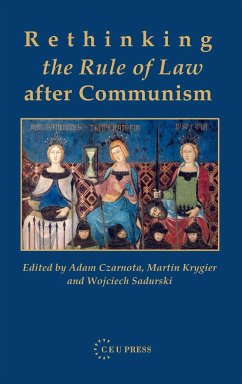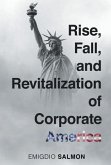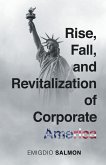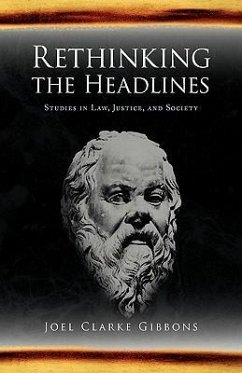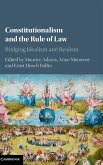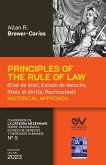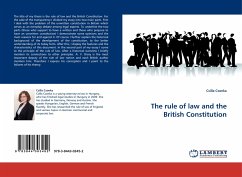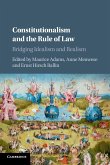In the original euphoria that attended the virtually simultaneous demise of so many dictatorships in the late 1980s and early 90s, there was a widespread belief that problems of 'transition' basically involved shedding a known past, and replacing it with an also-known future. This volume surveys and contributes to the prolific debates that occurred in the years between the collapse of communism and the enlargement of the European Union regarding the issues of constitutionalism, dealing with the past, and the rule of law in the post-communist world. Eminent scholars explore the issue of transitional justice, highlighting the distinct roles of legal and constitutional bodies in the post-transition period. The introduction seeks to frame the work as an intervention in the discussion of communism and transition-two stable and separate points-while emphasizing the instability of the post-transition moment.

